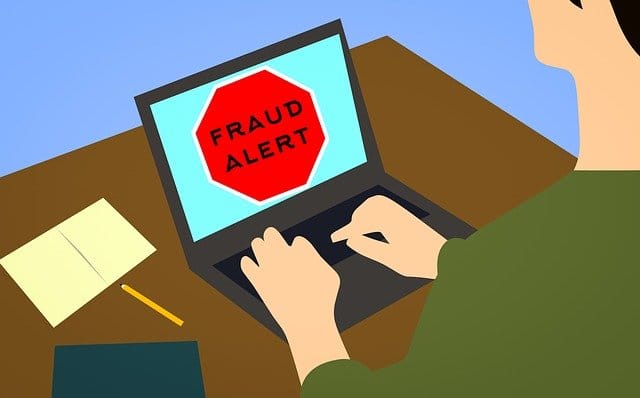

Updated on June 30, 2022
How can you identify a predatory professional and/or a straw buyer? There are many types of civil fraud involving real estate. One such type of fraud is when real estate or mortgage professionals (“Predatory Professionals”) working in a professional relationship or with the owner of real property use “straw buyers” to purchase the property out from under the owner.
Predatory Professionals often prey on distressed properties owners such as those in pre-foreclosure or subject to probate after a death, or upon vulnerable individuals such as the elderly. Predatory Professionals can include those working as real estate agents and brokers, attorneys, title abstractors, title company employees, mortgage brokers, loan servicers, or others. (Claims Against Professionals Arising From Real Estate Flipping, Elliott Arbrutyn and Shaji Eapen (2008) 76 DEFCJ 109.) By working closely with owners of distressed property or other vulnerable property owners, Predatory Professionals are able to gain specific knowledge about a property. After gaining this knowledge, Predatory Professionals employ the services of “straw buyers” to purchase the property on their behalf.
Straw buyers can be individuals or entities. Predatory Professionals use straw buyers to purchase the property from the initial owner to mask the Predatory Professional’s involvement in the transaction. In a sense, the straw buyer is acting as an alter ego for the Predatory Professional. Only later, after the seller has sold the property and is out of the picture, does the straw buyer transfer the property to the Predatory Professional. Sometimes, a Predatory Professional will launder a property through multiple straw buyers to further conceal the scent of impropriety.
Predatory Professionals often make their money through the flipping of the property. The initial straw buyer will purchase the distressed property at a discount and transfer the property to the Predatory Professional, who will sell the property at an increased price and pocket the profit.
While a property seller may find it difficult to determine whether a straw buyer was used in the purchase of their real property, a few indications include: 1) A down payment check drawn on an account different from the account on a loan application, 2) Names added to the purchase contract at the last minute, 3) A Quit-Claim deed being used either right before or soon after closing, 4) A sale to a related party, 5) The lack of a substantiated down payment through the closing process. (Claims Against Professionals Arising From Real Estate Flipping, Elliott Arbrutyn and Shaji Eapen (2008) 76 DEFCJ 109.)
If you suspect that you are the victim of real estate fraud or concealment, you should consult with an attorney. Schorr Law’s top real estate attorneys have years of experience litigating real estate fraud cases including those involving concealment, straw buyers, and Predatory Professionals. Consult with a Schorr Law attorney today and assess whether you might have a case for real estate fraud.